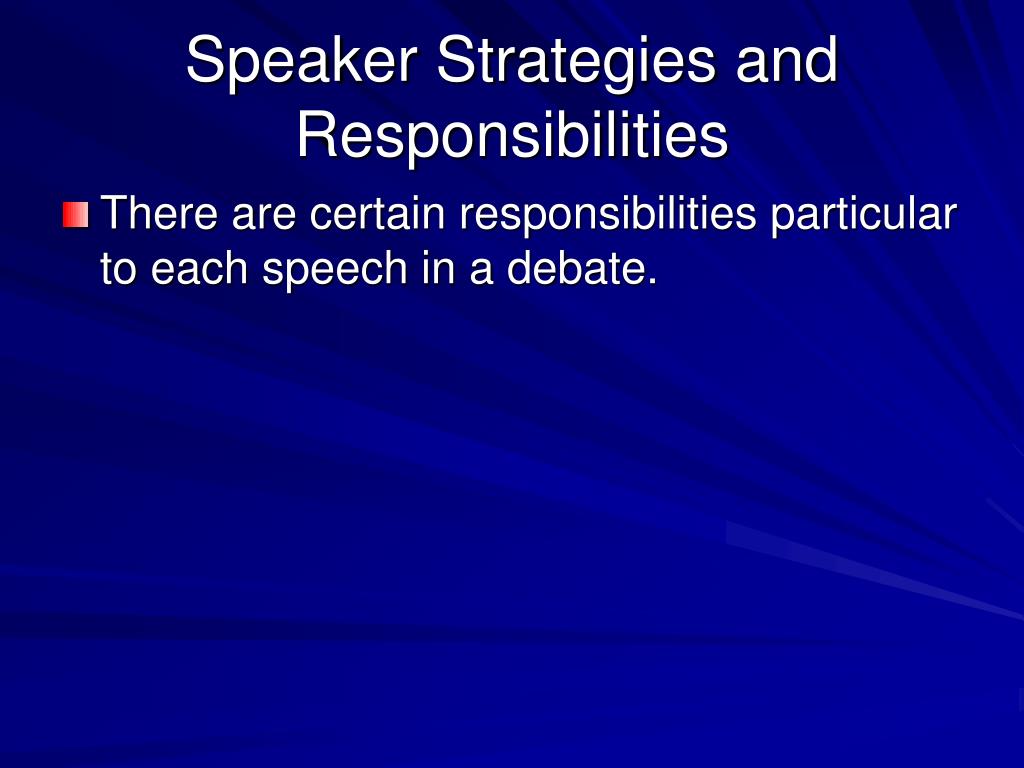Table Of Content

He determined the agenda of the House, appointed the members of all committees, chose committee chairmen, headed the Rules Committee, and determined which committee heard each bill. He vigorously used his powers to ensure that Republican proposals were passed by the House. The majority party members and the minority party members meet in separate caucuses to select their leader. A further dominating element of House organization is the committee system, under which the membership is divided into specialized groups for purposes such as holding hearings, preparing bills for the consideration of the entire House, and regulating House procedure. Almost all bills are first referred to a committee, and ordinarily the full House cannot act on a bill until the committee has “reported” it for floor action. There are approximately 20 standing (permanent) committees, organized mainly around major policy areas, each having staffs, budgets, and subcommittees.
Majority Rules
How does a 'frozen' U.S. House function without a speaker? Everyone's got an opinion. • Louisiana Illuminator - Louisana Illuminator
How does a 'frozen' U.S. House function without a speaker? Everyone's got an opinion. • Louisiana Illuminator.
Posted: Wed, 04 Oct 2023 07:00:00 GMT [source]
If you’re wondering exactly what the speaker of the House does, see the full description of this political representative’s full responsibilities below. Matthew Alan Hill is a senior lecturer in history at Liverpool John Moores University. In his research, he concentrates on contemporary US foreign policy, and in particular, democracy promotion and post-war reconstructions. The Office of the Clerk of the House of Representatives keeps a full list of speakers of the House from 1789 to the present. The table contains a complete list of speakers of the House of Representatives. Each state is guaranteed at least one member of the House of Representatives.
d Republican joins motion to oust Mike Johnson as House speaker
The Speaker also is second in line (after the vice president) to the presidency under the Presidential Succession Act of 1947, and the Speaker plays a role in the 25th Amendment’s process of dealing with the event of a presidential disability. In the 2006 midterm elections, the Democratic Party regained control of the House of Representatives. Nancy Pelosi was elected Speaker of the House, becoming the first woman to hold the position. Since Gingrich’s tenure, speakers are often criticized as too partisan and too powerful, trampling minority party interests. By the 1970s, committees had gained such control over legislative outcomes that widespread reforms were adopted, which shifted power back to the speaker.
John Rich ready to write song praising UNC frat bros protecting flag
The powers of an acting House speaker are untested. Here's what we know. - The Washington Post
The powers of an acting House speaker are untested. Here's what we know..
Posted: Thu, 05 Oct 2023 07:00:00 GMT [source]
During periods of divided government, when the president is a member of the minority party, the minority leader serves as the president’s chief spokesperson in the House (Carr, 2001). The roles of the parties reversed in 1994 when, after spending forty years in the minority, the Republicans regained control of the House with the "Contract with America", an idea spearheaded by Minority Whip Newt Gingrich. Speaker Gingrich would regularly clash with Democratic President Bill Clinton, leading to the United States federal government shutdown of 1995 and 1996, in which Clinton was largely seen to have prevailed. Gingrich's hold on the leadership was weakened significantly by that and several other controversies, and he faced a caucus revolt in 1997. After the Republicans lost House seats in 1998 (although retaining a majority) he did not stand for a third term as speaker. His successor, Dennis Hastert, had been chosen as a compromise candidate since the other Republicans in the leadership were more controversial.
The Speaker of the House: House Officer, Party Leader, and Representative
Accordingly, the Speaker continues to have the same rights, responsibilities, and privileges as all Members. However, because of the Speaker's position as leader, it may be notable or even controversial when he or she exercises the powers granted to other Members, such as debating, voting, and sitting as a Member of a standing committee of the House. From 1977 to 1995, three successive Democratic speakers – Thomas “Tip” O’Neill, Jim Wright and Tom Foley – reinvigorated the speakership. During the republic’s early years, the speakership gradually gained power.

Speakers by time in office

Currently, there are five delegates representing the District of Columbia, the Virgin Islands, Guam, American Samoa, and the Commonwealth of the Northern Mariana Islands. The delegates and resident commissioner possess the same powers as other members of the House, except that they may not vote when the House is meeting as the House of Representatives. Those eight years actually made Hastert the longest-serving Republican speaker in history.
How is the House speaker selected?
The Speaker is the majority political party leader in the House, which on its own is one of the most powerful jobs in Washington. In addition, the Speaker controls the order of all institutional business on the House floor. The Speaker also votes on business as needed as a representative from a district. Unlike other Representatives, the Speaker does not sit on any standing committees of the House.33 This was not always the case. This practice continued through 1910, when the House adopted a rule prohibiting the Speaker from sitting on the Rules Committee.34 The formal prohibition was removed from House rules by the Legislative Reorganization Act of 1946,35 but the tradition has continued.
Moreover, in 1975, the speaker was granted the authority to appoint a majority of the members of the Rules Committee. Meanwhile, the power of committee chairmen was curtailed, further increasing the relative influence of the speaker. The speakership reached its apogee during the term of Republican Joseph Gurney Cannon (1903–1911).
While legislators were able to reach a deal on a temporary funding measure — the reason behind former Speaker Kevin McCarthy’s ouster — they must pass another before Nov. 17. Katherine ClarkAssists leadership in managing party's legislative program. Albert's successor, Democrat Tip O'Neill, was a prominent speaker because of his public opposition to the policies of President Ronald Reagan.
The Constitution (Article I, section 6) prohibits members of Congress from holding offices in the executive branch of government—a chief distinction between parliamentary and congressional forms of government. Holding a congressional leadership position is challenging, especially as most members think of themselves as leaders rather than followers. Revolts can occur when members feel leaders are wielding too much power or promoting personal agendas at the expense of institutional goals. At times, a leader’s style or personality may rub members the wrong way and contribute to their being ousted from office (Cooper & Brady, 1981). A member’s personal reputation, interactions with other members, legislative skills, expertise, experience, length of service, and knowledge of the institution are taken into account. Members tend to choose leaders who are in the ideological mainstream of their party and represent diverse regions of the country.
The speaker is selected by the full House membership, though the majority party’s voting power ensures that the role is occupied by one of their own. Before members are assigned to committees, each committee’s size and the proportion of Republicans to Democrats must be decided by the party leaders. The total number of committee slots allotted to each party is approximately the same as the ratio between majority party and minority party members in the full chamber. The speaker of the House is the primary leader of the lower house of a state legislature. The speaker serves as the chief spokesman for the chamber, presides over legislative sessions, directs the legislative process, and performs additional administrative and procedural duties. A Speaker’s personal style can influence the amount of media coverage the position commands.

No comments:
Post a Comment